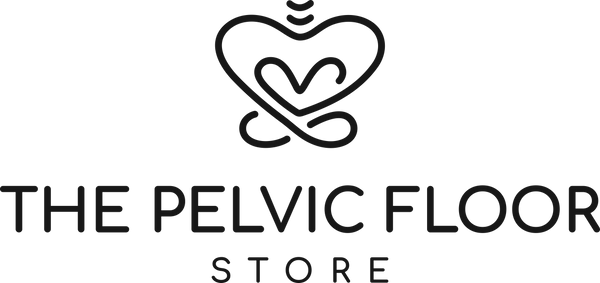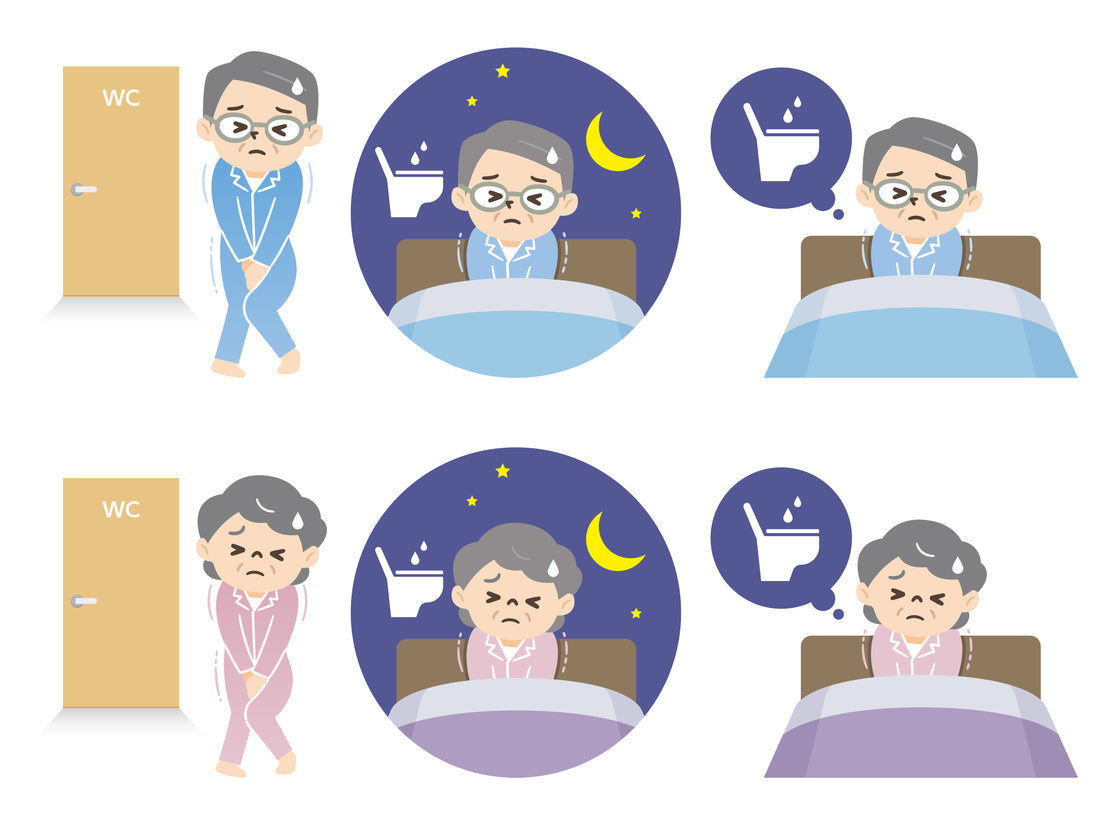Nocturia and Sleep Apnea: Understanding the Link and Managing the Symptoms

Sleep apnea and nocturia, although seemingly unrelated, have a significant connection that can greatly impact an individual's health and quality of life. This article explores the link between nocturia and sleep apnea, highlighting how these conditions are intertwined and how understanding this connection can lead to more effective treatment strategies. By addressing the underlying causes and considering a holistic approach, healthcare providers can help patients manage and improve their condition.
Nocturia, or frequent nighttime urination, is a condition that disrupts sleep and diminishes quality of life. While typically associated with urological or gynecological issues, there is more to the story. Sleep apnea, a disorder characterized by breathing pauses during sleep, has been found to be connected to nocturia. This connection is not coincidental, but rather rooted in physiological interactions.
One of the key factors linking sleep apnea and nocturia is oxygen fluctuations. In sleep apnea, breathing interruptions cause fluctuations in oxygen levels, triggering the release of a hormone called atrial natriuretic peptide (ANP), which increases urine production. Additionally, the frequent awakenings associated with sleep apnea can lead to nocturnal bathroom visits, creating a cycle of disrupted sleep. Breathing difficulties in sleep apnea can also result in pressure changes that affect the kidneys and increase urine production.
Understanding the link between nocturia and sleep apnea has significant implications for health. Interrupted sleep can lead to daytime fatigue, reduced concentration, and a lower quality of life. Furthermore, the strain on the cardiovascular system from sleep apnea can have long-term health consequences.
To address nocturia in sleep apnea patients, a comprehensive approach is necessary. Healthcare providers should consider sleep apnea as a potential underlying cause of nocturia and may conduct sleep studies and assessments by specialists in sleep medicine. Lifestyle modifications such as weight management, avoiding alcohol before bedtime, and bladder training can help manage nocturia. Continuous Positive Airway Pressure (CPAP) therapy, the primary treatment for sleep apnea, can indirectly alleviate nocturia. In some cases, medications may be prescribed specifically for nocturia. Regular monitoring and follow-up are essential to adjust treatment plans as needed and track progress.
In conclusion, understanding and addressing the connection between nocturia and sleep apnea is crucial for effective treatment. By taking a multidisciplinary approach and considering the underlying causes, healthcare providers can improve the quality of life for those affected. Patients should always consult their healthcare providers for personalized advice and treatment plans.

